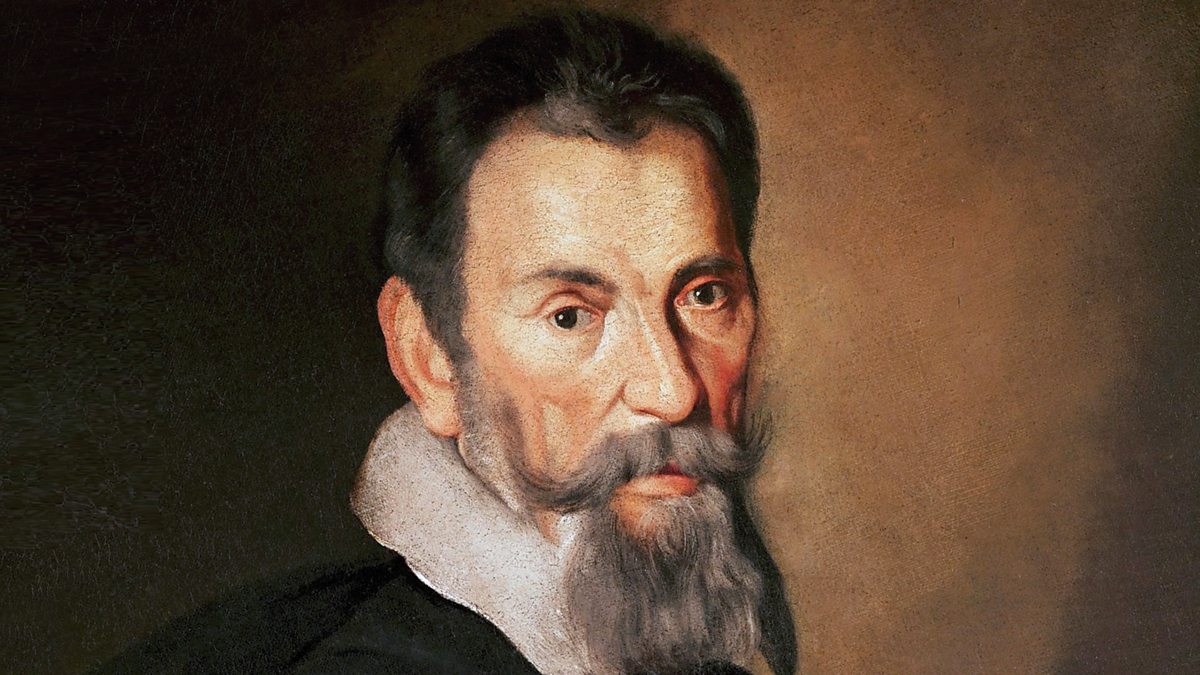
Monteverdi – Selva Morale e Spirituale
Selva Morale e Spirituale (The Moral and Spiritual Forest) is one of the most significant sacred music collections of the 17th century, composed by the[…]

Monteverdi – L’Orfeo, SV 318
Among the earliest and most influential works in the history of opera, L’Orfeo, SV 318, composed by Claudio Monteverdi, represents a turning point in the[…]

Top 10 Monteverdi Songs
Claudio Monteverdi (1567-1643) was a pivotal figure in the transition from the Renaissance to the Baroque era in music. His works, characterized by their emotional[…]

Masterpieces Resurrected: The 10 Best Compositions by Composer Claudio Monteverdi
Claudio Monteverdi, an Italian composer of the late Renaissance and early Baroque periods, left an indelible mark on the world of classical music. His revolutionary[…]

Claudio Monteverdi: A Trailblazer of Baroque Music
In the realm of classical music, there are few figures as influential and revolutionary as Claudio Monteverdi. Born in 1567 in Cremona, Italy, Monteverdi’s artistic[…]